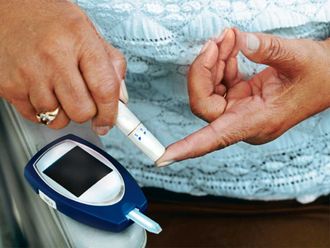
Women complain about hot flushes and night sweats more than any other symptom of menopause, writes Dr Marilyn Glenville. Smoking, being overweight and having a sedentary lifestyle also increase the risk of hot flushes.
However, research shows that women who eat a diet rich in phytoestrogens (hormone-like chemicals found in plants) report fewer hot flushes and other menopausal symptoms than women who do not.
It appears that plant oestrogens work to balance hormones, increasing oestrogen levels when they are low but not increasing them unnecessarily. Food sources of phytoestrogens include celery, garlic, grains, fruits, herbs, spices, legumes, seeds, sprouts and vegetables.
Fibre is also important for efficient detoxification, as it helps your body eliminate old oestrogen and other waste products.
Sage tea helps control hot flushes and night sweats; dandelion can help with water retention and nettle tea improves the absorption of minerals such as calcium and magnesium.
You should also increase your intake of citrus fruits, which contain substances called bioflavonoids. These strengthen blood capillaries to regulate blood flow through the body. In addition, citrus fruits contain plenty of vitamin C, which helps control hot flushes. Vitamin E (400iu daily) can help reduce hot flushes.
The herb Agnus castus has a balancing effect on hormones and you should be able to see reduced symptoms within three months if you take it regularly.
Valerian has a sedative effect on the body, so if disturbed sleep is making you tired, use black cohosh to get rid of the sweats and add in some valerian to improve your quality of sleep.












